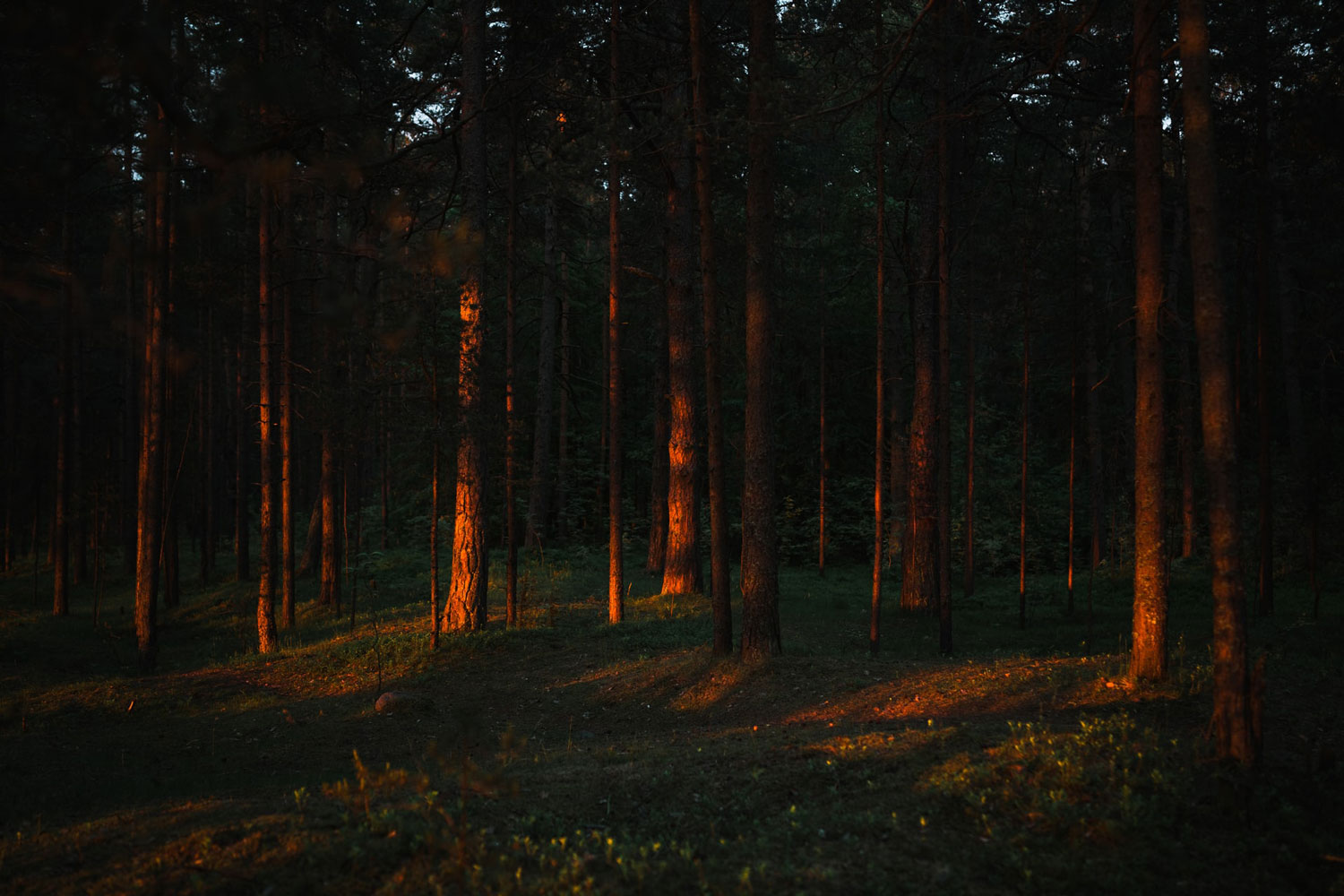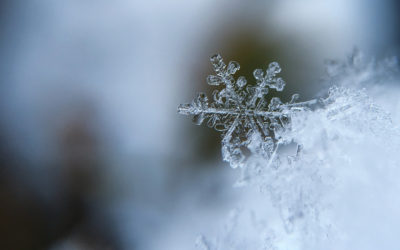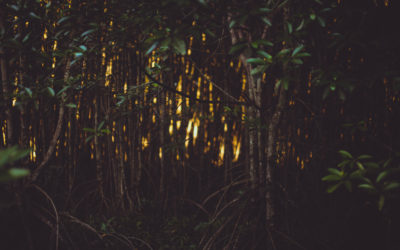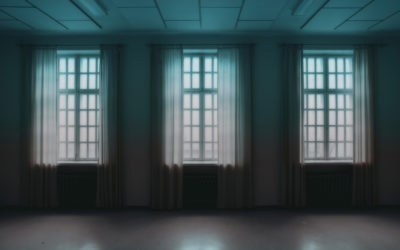I remember one summer in New Mexico when so many forest fires ignited across the Southwest it was impossible to escape the scent, and the detritus, of burning land. I’d take my dog on our evening walk around the block, watch the sun blaze red as it sank to the earth against an ashy sky, and then return inside to wipe the soot from my face.
If I looked to the clouds on those strange twilights, I could watch the embers fall like flickering confetti. From some angles, they were easy to mistake for snow, and on a different day, I might have stuck out my tongue.
That summer, I hid in the makeshift fortress of my apartment and dreamt of fresh air. Crisp mountaintops. Remote beaches. Arboretums thick with cedar and frankincense.
If I looked to the clouds on those strange twilights, I could watch the embers fall like flickering confetti.
I kept the windows shut, opened the front door only out of necessity, stuffed towels into drafty cracks and draped more over the grill of the swamp cooler to muffle any rogue breeze, only turning it on when my desire to quench the heat outweighed my anxiety over what might creep into my lungs.
So much about 2020, about this pandemic, reminds me of that summer. The guarding of breath. The isolation that accompanies being trapped in one’s home for fear of what lingers in the wind. The silence.
For months, I’ve felt like my words have been on strike. Or maybe they’re just in hibernation, waiting out the weird that is this year. Either way, they ignore me when I beg for their attention, glare when I try to shake them awake to ask for some damn help.
RELATED: Quarantine
For a moment I’ll think I’ve done it, that they might slough off their surliness and come sit with me for awhile. But instead they turn over, shut their eyes tight, pull the covers over their head.
And I’m left sitting alone. Again. With no words. Waiting for the sound and weight of the air to change.
Words aren’t the only companion to go missing. Time itself has shifted into some bizarre new creature over these past months, which feel more like years, and sometimes as though they didn’t exist at all.
When the embers have calmed and roots and seeds break from their hiding places, the forest will grow strong once again.
The strange rhythms of this year seem to have manipulated my subconscious and other invisible, circadian workings. I sleep late, stay up late, and every time I wake up and look at my watch, I feel a little guiltier than the day before. Yet somehow, I’ve been unable to change this pattern, despite whatever convictions I have in the daylight.
This makes the hours of each day darker, as they shift further into night.
And yet I am lucky, so lucky, so relatively unaffected by the pestilence circling our doors. And amid all of those lost words and sleepless nights and the feeling that everything around me is singed and smoking, I’m also grateful. Others have much deeper hollows to claim.
Lately, I’ve been thinking about the nature of forest fires—how oppressive they can be, even from a great distance, but also what happens when they’ve finally died down. After all, a flash of fire protects the woods from overgrowth, provides a space for small, gentle things to start from scratch.
The whole forest isn’t supposed to ignite at once, of course. Still, we know that when it’s over, when the embers have calmed and roots and seeds break from their hiding places, the forest will grow strong once again, maybe even stronger than before. Maybe the forest will learn. It’ll take time.
There are moments when I feel as though the world will burn forever. But nothing burns to infinity.






0 Comments